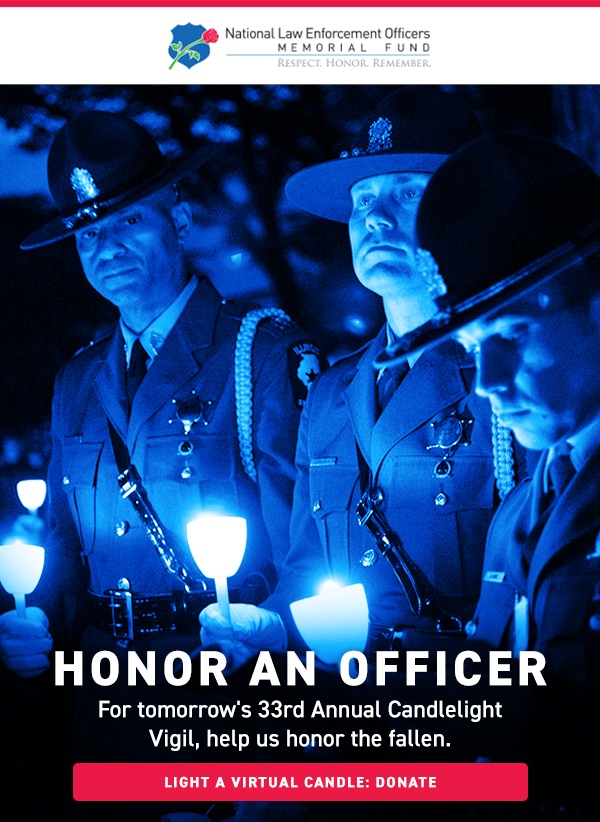Monday, May 31, 2021 is Memorial Day, when we honor those who died while in service of this nation. We visit their graves, attend Memorial Day ceremonies, and thank their families. We thank surviving veterans around us and their families too.
Memorial Day’s roots lie in the US Civil War (1861 to 1865). Waterloo, New York is the official birthplace of Memorial Day, but at many places like Savannah and Gettysburg, people made a point of decorating graves of their Civil War dead and often the dead on both sides. Freed slaves held a very large event honoring dead soldiers at Charleston in 1865.
Across several years, these ad hoc events became annualized. Some states adopted commemorations statewide, and these events often went by the rubric of Decoration Day. By 1865, states like Virginia and Mississippi and by 1871 Michigan and by 1890 all Northern states had precedents to Memorial Day or official state holidays.
In subsequent decades, ceremonies expanded to honor the dead of all wars and coalesced around May 30 as the standard commemoration date. The 30th was chosen because it did not fall on the day of any major battle. In 1967, the official federal name became Memorial Day. The following year, Congress passed the Uniform Monday Holiday Act. This moved what is now Presidents Day along with Memorial Day, Labor Day, Columbus Day and Veterans Day from fixed dates to set Mondays. This made three-day weekends, pleasing the travel industry and travelers and was made effective in 1971. (Note: Veterans Day eventually reverted to the fixed November 11 annual date we still use currently.)
So now, we honor fallen Americans of all conflicts, from the American Revolution to the current War on Terror, and from peacetime service too. They are men and women of all ages and from all branches of the US military. They also include groups you might not always remember, such as military nurses.
- We honor those who died in COMBAT and those who died in SUPPORT.
- We honor those who died OVERSEAS and those who died here at HOME.
- We honor those who died in WAR and those who died in PEACE.
Rough numbers paint an important picture. Across of this nation’s 245 years of history, we have the following wartime casualties:
- Two-thirds of a million who died due to combat.
- About the same number have died in war of non-combat losses, such as 60,000 succumbing to influenza near the end of World War I.
- The total is roughly 1.4 million.
- Another 1.4 million were wounded in combat.
- Thus, total wartime casualties are roughly 2.8 million.
In the US Civil War, 520 died every day. This is considered the highest daily fatality rate. World War II also had tremendous daily fatalities. However, the deadliest war based on combat days was probably World War I. America declared war April 6, 1917, but American soldiers didn’t see combat until late Spring 1918, and then they fought through November 11, 1918. Roughly 116,000 died in seven months of war or roughly 555 deaths per day.
We should also consider armed services’ peacetime deaths. For perspective, combat is currently not in the Top 5 causes of death in the armed forces. Per recent figures, combat counted for 9% of deaths. Three times this died of suicide. More died in homicides and transportation accidents. This means many things. But among others, being in the armed forces is a tough job. It means it never hurts to reach out to someone in the armed forces who may need someone to talk to. Tell those serving currently you appreciate their service and give them a much-deserved word of thanks.
Please think of veterans all around you: family members, neighbors, strangers, etc. Ponder what they gave up serving our nation in times of war or even in times of peace.
In many cases, they signed up or were drafted without knowing when they would return home, what conditions they would face, whether they would be in combat or whether they would see their loved ones again. They questioned if they would come home in one piece. Sometimes they did. Often, they didn’t. And regardless, countless suffered terrible traumas in what they saw or experienced. They had children they didn’t see. They had relationships that ended. Many never saw their loved ones again and vice-versa.
It seems virtually all Americans agree we cannot be anti-veteran. They did what they had to do, vastly simplifying the choice for the rest of us who didn’t serve. Thanking them on just Memorial Day and Veterans Day isn’t enough. Thank them any time. Get to know them. Ask them their stories. And listen.
And if you are a veteran, we thank you most profoundly and gratefully.




